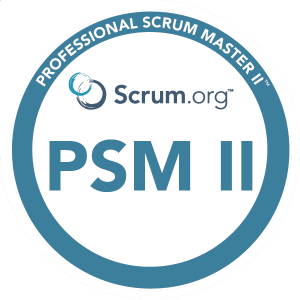
When writing formal annual planning documents at Amazon, Operational Planning 1 (OP1), there is an FAQ that is always inserted, and it is more of a phrase, “Dogs not barking”. It is an essential FAQ item to help ensure the author or authors of the OP1 document cover not just the obvious topics and initiatives, but also account for the outliers. In it’s essence the phrase means:
A situation where the absence of a signal communicates something important.
Analogously, there is this famous quote, “The squeaky wheel gets the grease”. The quote probably comes from a famous book, The Adventure of Silver Blaze by Sir Arthur Conan Doyle.
The inspector in the book, Gregory asks, “Is there any point to which you would wish to draw my attention?” Holmes responds, “To the curious incident of the dog in the night-time.” But, protests the inspector, “The dog did nothing in the night-time.” To which Holmes responds: “That was the curious incident.” For Holmes, the absence of barking is the turning point of the case: the dog must have known the intruder. Otherwise, he would have made a fuss. The point is, to pay attention to what isn’t there, not just what is, and this requires intentional focus to be drawn.
The Amazonian ritual of writing FAQs to accompany formal planning or proposal documents is definitely something I would encourage you to incorporate into your workflow, and this is certainly one thoughtful question that would encourage peripheral accountability.
Discover more from Doron Katz
Subscribe to get the latest posts sent to your email.



